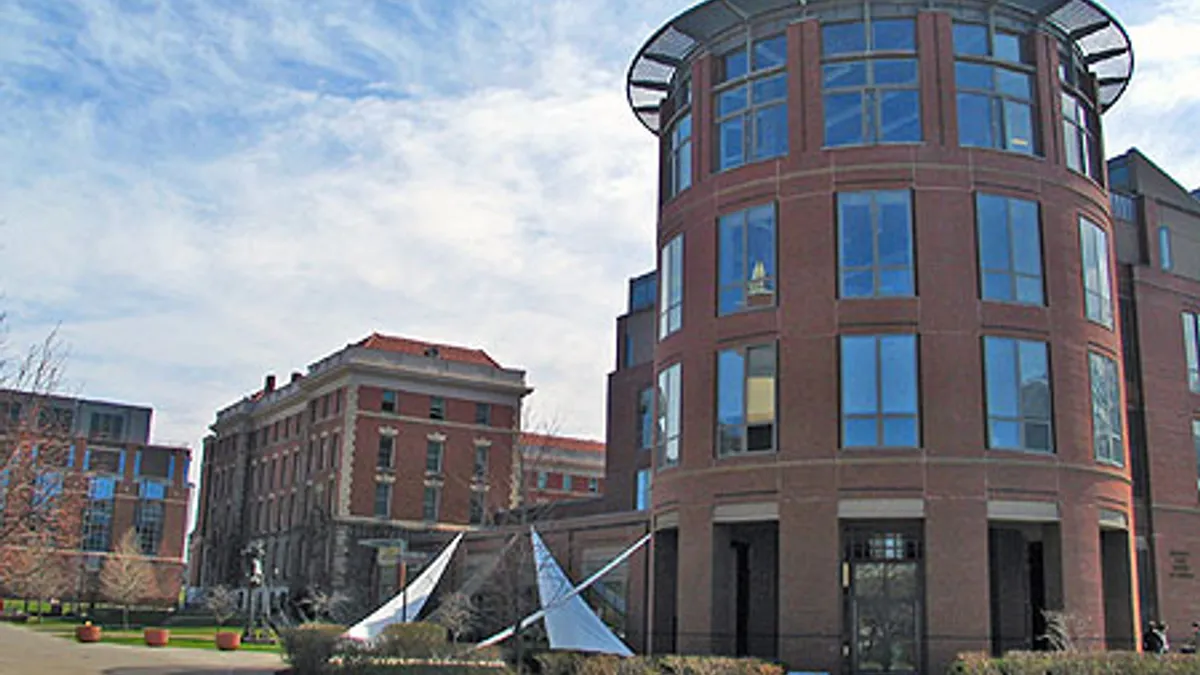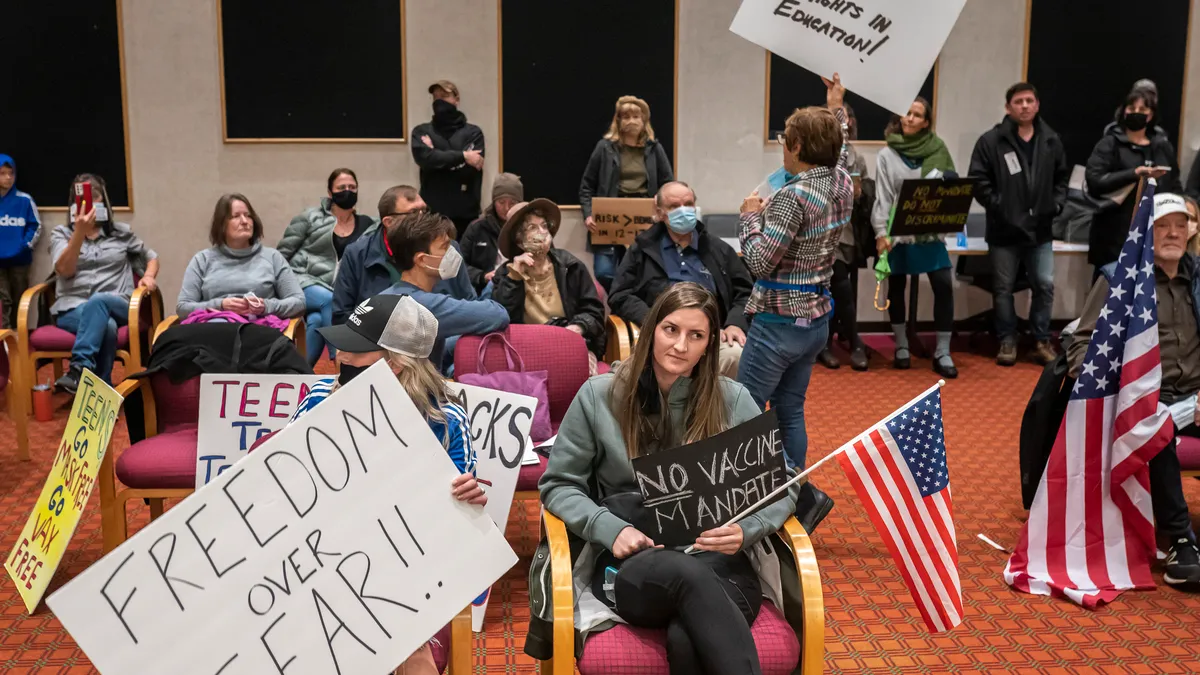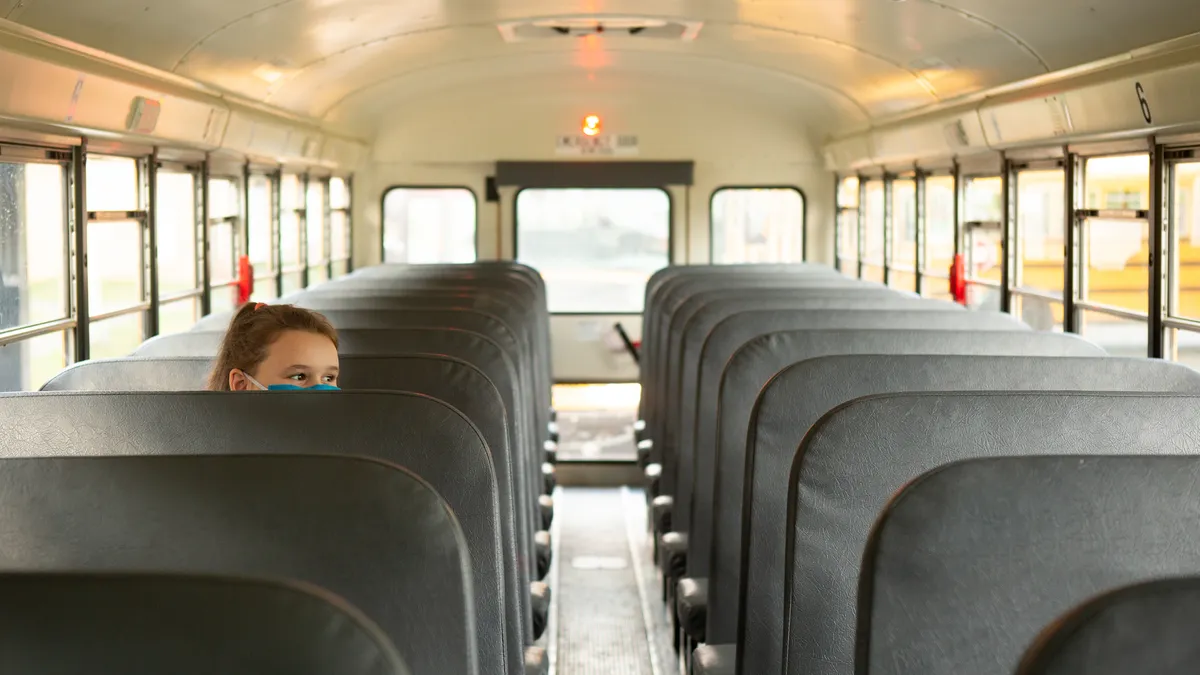Dive Brief:
- Legislatures throughout the country are considering bills that would complicate how science is taught in particular states and school districts, including the ability to teach evolution and intelligent design as equally valid and to complicate the understanding of climate change, according to Scientific American.
- “Academic freedom” legislation was a particularly contentious debate in the mid-2000s, and while actual legislation has been sparing, there are currently 11 potential bills concerning science ed standards — though supporters are using different approaches than academic freedom.
- In Florida, legislators are not trying to change education standards, but a bill would allow residents to file complaints about school curriculums spurring public hearings to determine if the curriculum is “accurate, balanced, noninflammatory, current, free of pornography … and suited to students’ needs.”
Dive Insight:
Critics of the recent spate of legislation question why there is a rush to pass so many bills tangentially related to science education now. The debate regarding science education was particularly prevalent in the mid-2000s, with then-President George W. Bush commenting in 2005 that intelligent design should be taught along with evolution in the country’s public schools. The election of President Donald Trump and Republican success in Congress, as well as many state governorships and legislatures, may lead supporters of this legislation to feel that the wind is at their back, fueling the increase in the amount of these bills.
Questions of how to teach science in the face of potential criticism from parents and legislators are all the more striking considering the increased use of STEM and tech in K-12 classrooms throughout the country. While much of the attention in creating equity in STEM education is focused on the gaps between underfunded and properly-funded K-12 schools, school districts and legislators must also be concerned by gaps that could develop due to political partisanship. Educators should try, whenever possible, to frame these technological and pedagogical developments as beyond the fray of political squabbles to ensure that such gaps don't occur.












